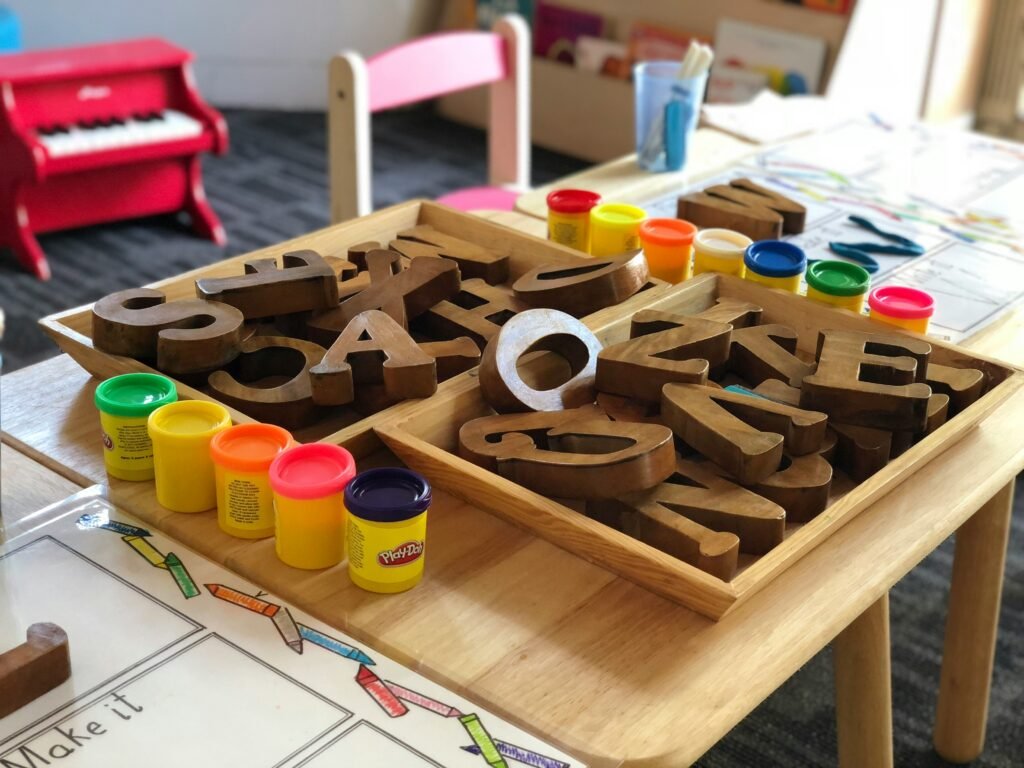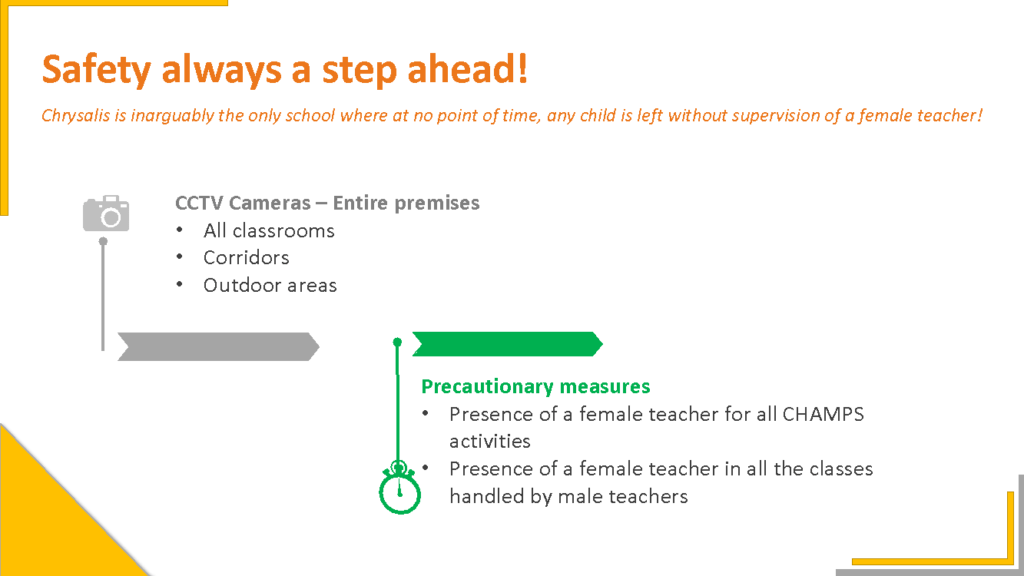
Rhyming words play a very significant role in learning a non-phonetic language like English. A non-phonetic language is one in which the written characters do not correspond to the spoken language. For instance, both the words ‘hear’ and ‘here’ are written differently but pronounced the same. This feature actually confuses the kids a lot during their early years of learning the English language, and this is where the importance of rhyming words lies. The rhyming words are a great way of improving the children’s phonemic awareness, as they have to focus on the sound within the words to find the rhyme. It strengthens their vocabulary and their pronunciation.
In simple terms, words that end with a similar sound can be described as rhyming words, and there are plenty of such words in the English language.
Single-syllable rhyming words
Let’s begin with some simple single-syllable rhyming words;
| Cat | Had | Sit | Pin | Cap | Ten |
| Bat | Mad | Hit | Tin | Map | Hen |
| Hat | Bad | Pit | Kin | Tap | Pen |
| Mat | Sad | Kit | Sin | Rap | Glen |
| Sat | Dad | Wit | Fin | Nap | Wren |
| Fat | Add | Lit | Win | Lap | When |
| Pat | Lad | Bit | Inn | Gap | Then |
| Rat | Pad | Fit | Bin | Slap | Men |
Two-syllable rhyming words
Here are some two-syllable rhyming words;
| Pickle, fickle, sickle |
| Swollen, pollen, fallen |
| Liver, river, shiver, never |
| Moonlit, emit, permit, outwit |
These simple rhyming words help kids improve their vocabulary in their early language learning years. However, the potential of rhyming words is never restricted to kids. As they grow older, these rhyming words help them with complex words as well. Here are some examples of how words with different sets of numbers of letters rhyme with each other.
Interview, overdue, value, queue, curfew, venue, etc
Concentrate, complicate, demonstrate, segregate, late, plate, rate, etc.
These kinds of rhyming words indeed shift the focus of children from letters to sounds, which is essential in learning a language like English.
Conclusion
Rhyming words makes language learning much easier and more interesting. It helps children memorize. The rhythm that comes with these words helps them understand the sounds better. The list of rhyming words is neverending, and the benefits of these in English language learning are immense.
For more insights on enhancing your child’s learning experience and to explore our educational philosophy, visit Chrysalis High.
FAQ
Why is it beneficial for children to learn rhyming words in English?
Understand the educational advantages of introducing rhyming words to children, such as enhancing phonemic awareness and fostering early literacy skills.
How can parents incorporate rhyming words into everyday activities for kids?
Explore practical tips for seamlessly integrating rhyming words into daily routines and play, making the learning experience enjoyable and natural for children.
Are there specific strategies for helping children remember and use rhyming words?
Learn effective teaching techniques and activities that can aid children in not only recognizing but also using rhyming words creatively in their language development.
What resources are available for parents to support their child’s exploration of rhyming words?
Discover recommended books, games, and online resources that parents can utilize to expand their child’s exposure to a wide range of rhyming words in the English language.


